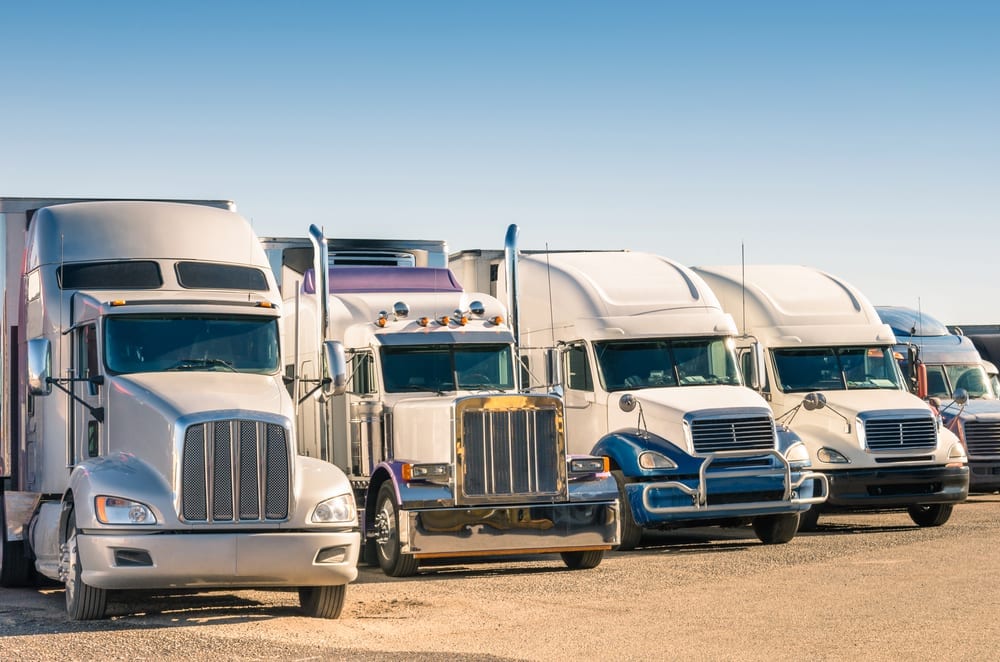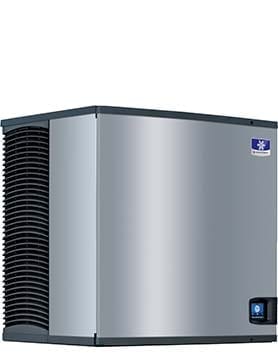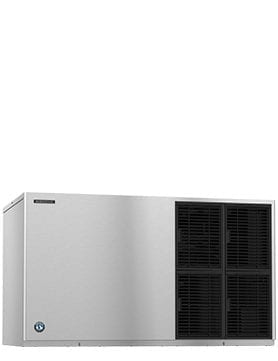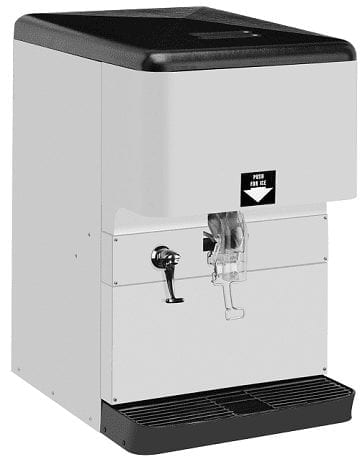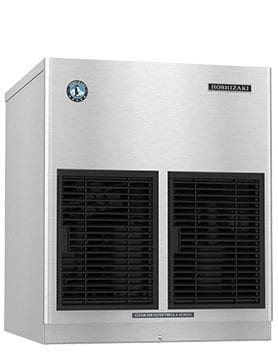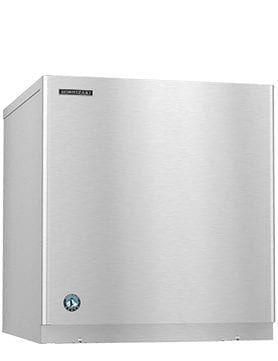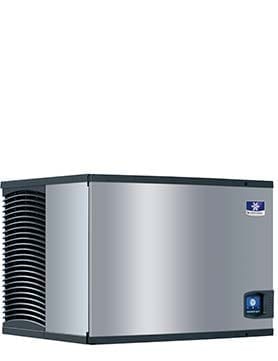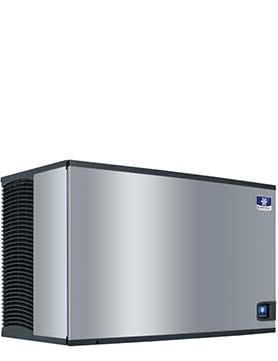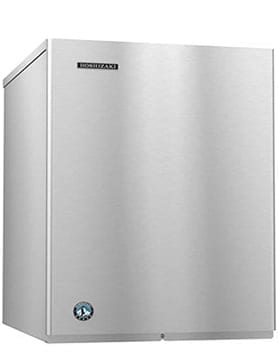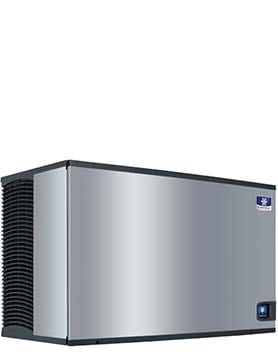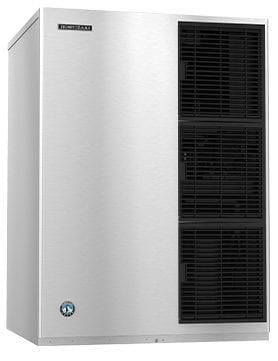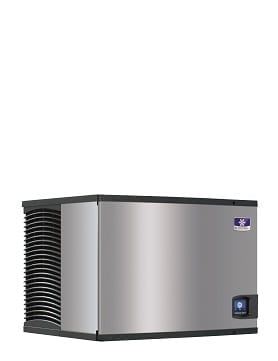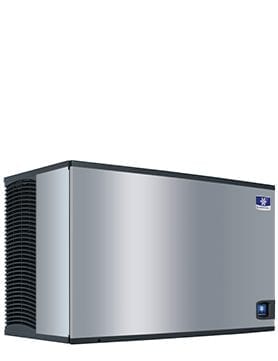Your Ultimate Guide to Ice Machines for the Transportation Industry
Our team of experts know all about ice machines for the transportation industry. If you’re looking for that kind of commercial ice maker, this guide can help you decide which one is best.
Want to talk to an ice machine expert about picking the right model for your facility? Want to learn more about our ice equipment subscription? Reach out!
(327-9423)
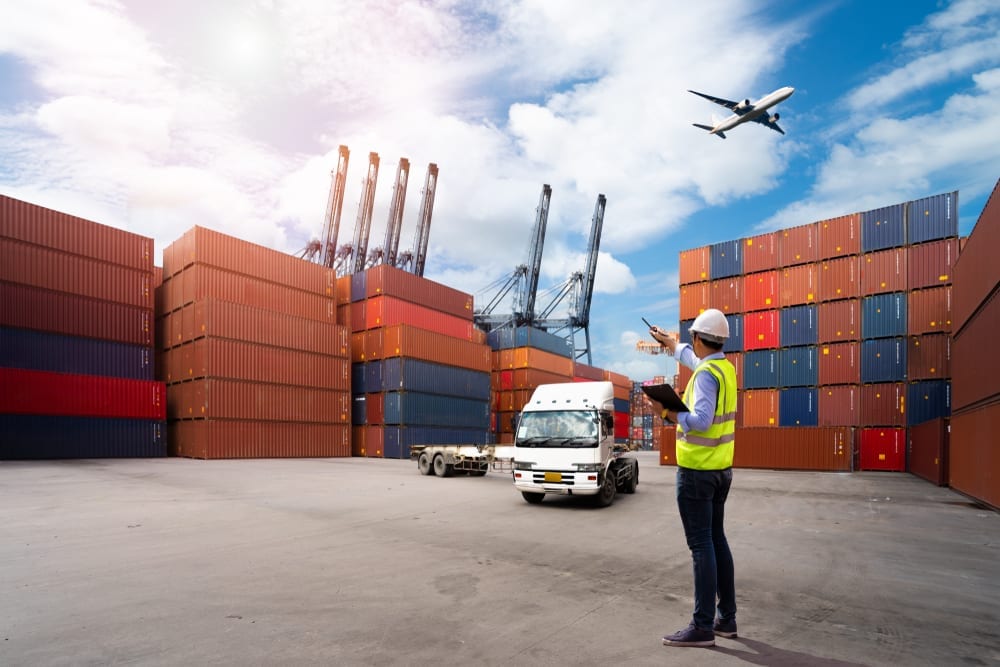
Click a Section Below to Get Started
Choosing the Right Ice Maker Machines for Transportation Facilities
Commercial ice machines come in a range of models to suit the needs of any industry – including the transportation industry. Here are some of the most popular ice maker machine models for the transportation industry:
What is the Best Type of Ice for My Facility?
Ice comes in different shapes and sizes to meet specific needs. Transportation facilities need a solid, slow-melting cube for employees working long hours or traveling great distances. Here are some of the best types of ice cubes:
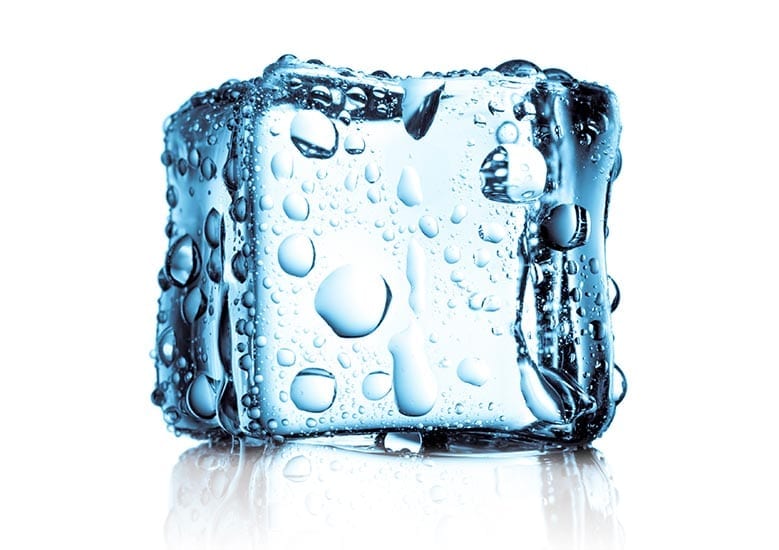
What Size Ice Maker Machine Do I Need?
Sizing an ice making machine is no small feat! There are many factors to consider when finding the right amount of ice your transportation facility needs in a day:
Daily Usage
How much ice do your employees need per day? Keep in mind, ice maker machines produce ice in batches over 24 hours. If you buy a 600 lb ice machine, it will take 24 hours to produce 600 lbs of ice.
What Type of Condenser Do I Need?
Your ice maker machine's condenser is responsible for cooling refrigerant that your ice maker machine uses to create a batch of ice. There are three types of systems an ice machine uses.
Air Cooled Ice Machines
Air cooled ice machines are simple in design and cost-effective. They use a fan to blow air towards the condenser to help cool and force heat out of the ice machine. Air cooled ice machines need plenty of ventilation to move hot air away from the unit.
View Our Air Cooled Ice Machines
What Are the Installation Requirements for an Ice Making Machine?
Ice machines have necessities you’ll need to provide to ensure they are working efficiently. Water and electricity are some obvious ones, but there are other installation requirements as well:

Drainage
As ice melts, the water needs somewhere to go. Transportation facilities need to have a drainage system that can dispose of excess water the ice machine doesn't use any longer. A floor drain is one example typically used with commercial ice making machines. Other setups include a standpipe or wall drain. You may need to contact a plumber to install a drain that works with your ice maker.

Electrical
Ice machines will generally need either 115v or 220v of power to operate. Smaller ice makers often only need 115v. Larger units require 220v. Different models also have different amperage needs. If your transportation facility doesn't have the outlet needed to provide enough electricity to your model, you'll need to call an electrician to install one.

Water
You need water to make ice, but how much water? Larger ice machines need more water to produce a batch of ice than small ice makers do. Depending on the size, ice machines will need between 3-5 gallons of water per minute. You'll need an ice maker water line that can deliver the right amount of water to your ice machine. If you don't have one, you'll need to call a plumber to install one.

Space
Air cooled ice machines emit hot air into the environment, where it disperses evenly. To allow for this, you need plenty of ventilation for hot air to move freely. Commercial ice maker machines need at least 1 foot of space on all sides of the unit. That includes a foot of space between the top of the machine and the ceiling.

We’ve serviced over 10,000 ice machines across the country. No matter the challenge, we know exactly how to keep your hotel ice machine running smoothly. Our pre-installation checklist shows you what you need to provide to install an ice machine in your transportation facility. If you have a challenging environment, give us a call and we'll help you find a solution.
Does My Ice Maker Machine Require a Water Filter?
Depending on the water quality in your area, you may have high concentrations of minerals or sediment. While not harmful to people, ice machines can run into complications when introduced to these particles. Below are types of common ice machine filters:
Sediment Filters
Sediment Filters trap unwanted dirt and sediment from your water supply, so only clean water enters the machine. Water molecules are able to pass through freely, so it won't hinder your water flow rate. These filters can clog and cause water flow issues if they are not replaced regularly. Standard sediment filters need replacing around every six months on average.
Phosphate Cartridges
These systems are technically not "filters" but rather a water treatment system. They disperse a small amount of phosphate into the water supply, which prevents minerals like calcium and magnesium from forming and creating scale. Scale is a hard, chalky substance that can cling to ice machine parts and cause problems. These cartridges should be replaced around every 6 months.
Carbon Filters
These systems are technically not "filters" but rather a water treatment system. They disperse a small amount of phosphate into the water supply, which prevents minerals like calcium and magnesium from forming and creating scale. Scale is a hard, chalky substance that can cling to ice machine parts and cause problems. These cartridges should be replaced around every 6 months.
Cleaning and Sanitizing Ice Machines for the Transportation Industry
Keeping your ice machine clean is vital if you want to provide a safe ice supply to your employees. Also, a dirty ice machine is far less efficient than a clean one. Mold and slime can also lead to a health violation.

Professional Cleaning
A professional cleaning will rid the inside of your machine from dirt and other contaminants. Manufacturers suggest 2 professional cleanings every year. Dusty shipping and freight transportation facilities may require more than two.

Mold and Slime
Mold and Slime tend to grow in dark, damp areas. An ice machine provides an adequate area from these growths. While not dangerous, they can lead to damaging health inspections.

Ice Bin Cleaning
Your ice bin is where you store ice, so you want to make sure it's free of mold, slime, or pathogens that can make employees sick. Light weekly cleaning from your staff is the best way to limit contamination.
Environmental Factors
Ice making machines need proper environmental conditions to stay clean and efficient. Here are some of the factors you need to consider:
Air Temperatures
Air cooled ice machines produce less ice and require most repairs when exposed to high heat. The air around your machine should be around 70 degrees. Make sure to install your ice making machine in a temperature-controlled room.
Ventilation
Air cooled ice machines also release hot air. That air can linger around the machine and overheat it if there is not enough ventilation around the unit. Make sure your free up at least 1 foot of space around the ice maker.
Water Temperatures
All commercial ice makers need cold water to produce a batch of ice best. When hot water enters the machine, it's forced to work harder to produce a batch of ice. Make sure your water is as close to 50 degrees as possible.
Water Condition
Depending on your location, your local water supply may be full of sediment and minerals that can harm your ice machine. Water filtration is the best way to limit these particles from entering your ice machine.
Cleanliness
It should be a top priority to provide a safe ice supply for your employees, and routine cleaning is the best way to do that! Daily light cleaning is a must, and professional cleaning will keep your ice machine sanitary and running smoothly.
How Much Does an Ice Maker Machine Cost?
Ice making machines can cost anywhere between $1,500 to over $10,000 for a high-volume model. Buying a used one might be cheaper, but if the machine wasn't maintained properly, you're likely to run into issues quickly. Beyond the initial retail price of the machine, there are hidden costs as well:
Maintenance and Cleaning
Ice machine cleaning and maintenance costs around $300 per visit.
Ice machine manufacturers suggest you receive around two maintenance and cleaning visits a year. During these visits, a qualified ice machine technician will optimize your ice making machine and check for potential problems. They will also clean, disinfect, and sanitize the ice machine inside and out to rid it of any contaminants that can make people sick.
Water Filters
Water filtration helps to eliminate dirt, sediment, and scale that can harm your ice machine and lead to expensive repairs. Ice machine water filters range between $15 - $100, depending on the type of filter you buy. Filters need replacing over time. Each one is rated to perform for a set time, but on average, it's best to replace water filters every 6 months.
Breakdowns
Depending on the type of damage you're looking at, an ice making machine repairs can run between a hundred dollars to well over a thousand. Here are some of the most common repairs and their costs:
- Hot Gas Valve Replacement - $600
- Expansion Valve - $600
- Compressor Repair - $1500
- Evaporator Repair - $2500
An All-Inclusive Subscription: the Perfect Ice Machine Solution
Our commercial ice equipment subscription is the perfect ice solution for the transportation industry. We include biannual preventive maintenance, cleaning, and repairs with the ice machine for a single monthly payment. If there is ever an issue with your ice maker, we maintain a 24-hour ice machine service line, so you can get help when you need it. We even supply backup ice if your machine is down for repairs. We keep track of the ice machine maintenance schedule, so you don't have to, and make sure your ice supply stays clean.
Now, that's a great deal!
Ready to join other savvy business owners in the transportation industry with an Easy Ice subscription?
